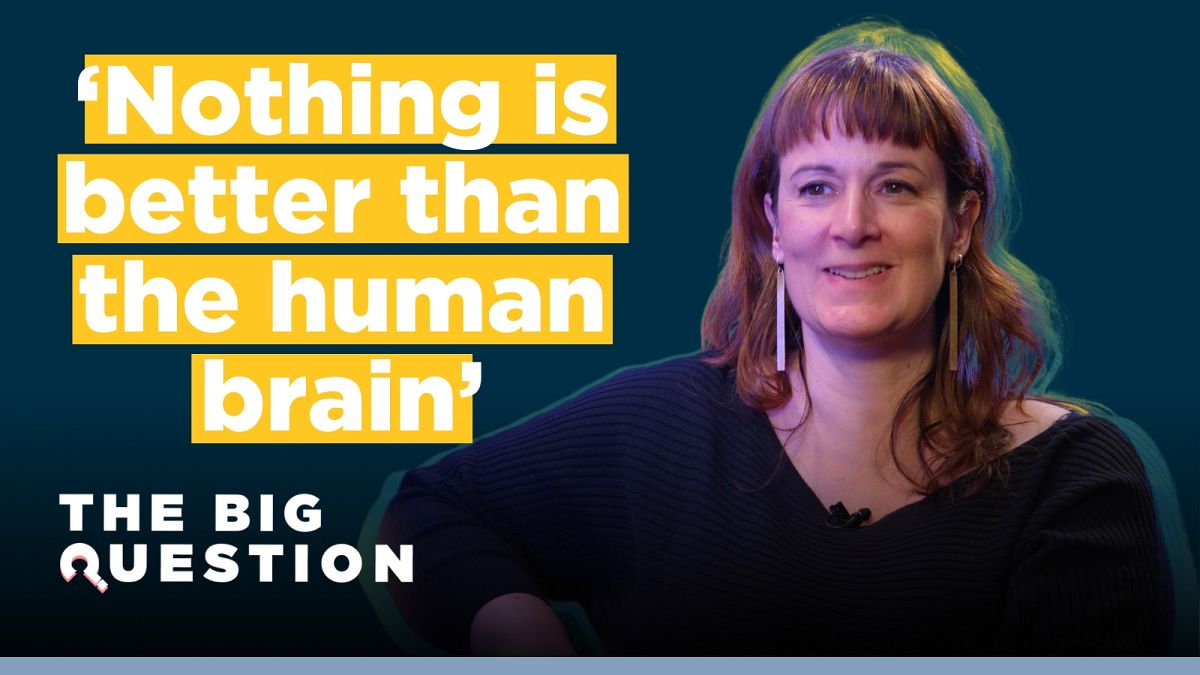According to Gemma Galdón-Clavell, the CEO of Eticas Tech, it is essential for businesses to carefully assess whether AI is the most suitable solution for their challenges and actively engage in accountability to prevent unfair, biased, and ineffective outcomes.
Expressing a sense of curiosity, the top AI accountant often finds herself questioning the utility of AI in various scenarios, pondering its significance in each situation.
Data from 2021 indicates that 8% of businesses in the EU are utilizing AI technologies, with 53% of them investing in off-the-shelf AI and intelligence software solutions. Among EU countries, Denmark leads in AI adoption with approximately 24% of businesses incorporating AI, while Romania and Serbia lag behind at around 1% each.
Industries such as communication and information technology predominantly leverage AI for tasks like data analysis, content creation, and language translation. Conversely, businesses skeptical of AI cite reasons such as cost, unreliability, and increased privacy risks as deterrents.
In a recent episode of The Big Question, Angela Barnes and Gemma Galdón-Clavell engaged in a debate on the ethical implications of AI usage and the boundaries that should be observed.
Gemma emphasizes that AI’s strength lies in its ability to process vast amounts of factual data to provide solutions to complex problems. From personalized recommendations in online shopping to predictive algorithms in GPS systems, AI demonstrates its proficiency in handling extensive historical datasets.
However, Gemma cautions against overreliance on AI, particularly for specialized issues or those lacking substantial historical data. She underscores the importance of selecting high-quality AI solutions and not assuming flawless outcomes from their implementation.
The ethical concerns surrounding AI stem from its utilization of detailed behavioral data, raising significant privacy and security issues. Biases, exclusions, and skewed perspectives can arise from AI algorithms relying heavily on historical data, leading to discriminatory outcomes.
Gemma underscores the necessity of auditing AI programs to identify and rectify discriminatory practices, likening the process to ensuring the safety and efficacy of vaccines through clinical trials.
To enhance AI systems, Gemma advocates for robust regulatory frameworks like the Digital Services Act and emphasizes the importance of effective implementation. While the EU leads in regulatory initiatives like the AI Act, there is a need for improved execution to capitalize on the regulatory advantages.
Improving data quality, incorporating hypothetical scenarios, and refining AI algorithms are suggested methods to enhance AI performance. Gemma stresses the critical role of auditing in ensuring the quality and fairness of AI applications.
In conclusion, the dialogue surrounding AI ethics and regulation continues to evolve, with industry experts and leaders engaging in discussions to address the challenges and opportunities presented by AI technologies.










